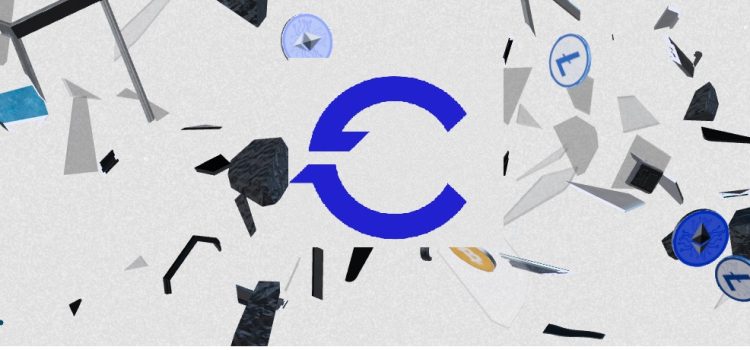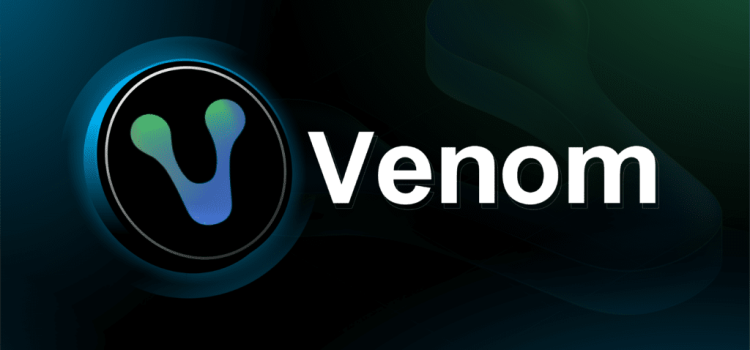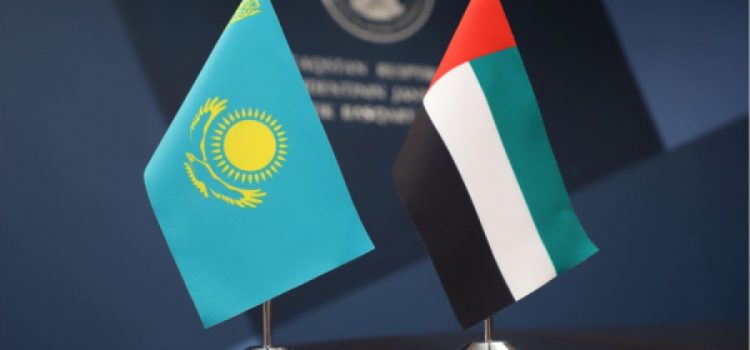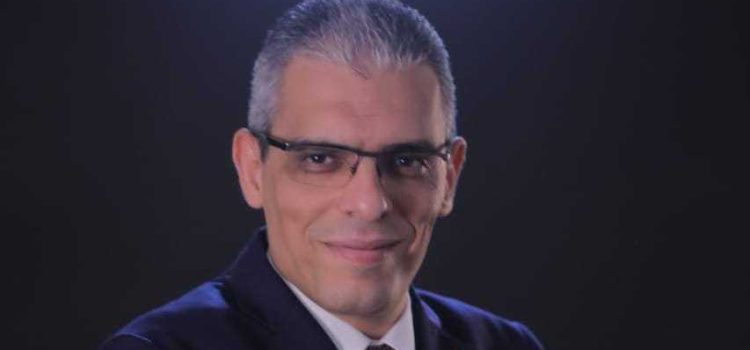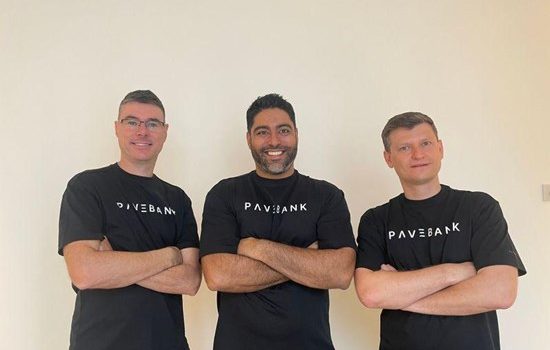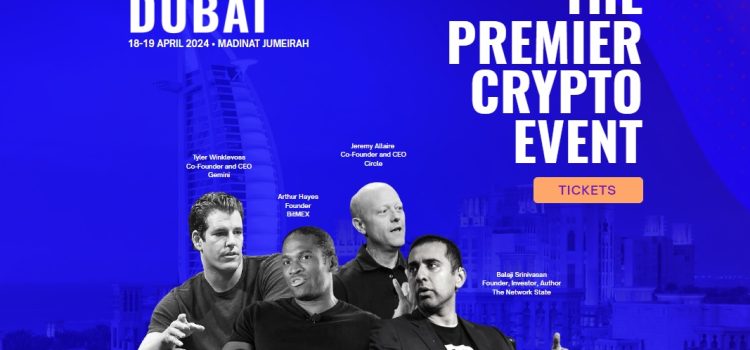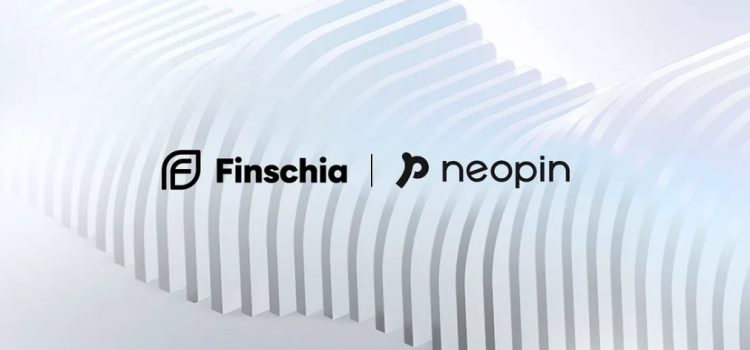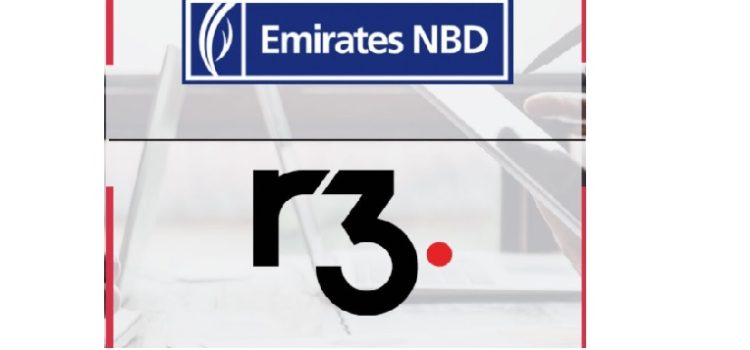
On its launch day, UAE based Changer, a crypto custodian is waiving custody fees for its premium wallet clients. Changer is providing individuals globally with a reliable, convenient, and accessible wallet to safeguard and manage their digital assets.
This comes after Changer received its license from the Financial Services Regulatory Authority (FSRA) of Abu Dhabi Global Market (ADGM) allowing it to safe custody provisions, technology governance, and other system controls.
Changer’s launch of custody services for the safe storage of virtual assets comes in line with an increasing demand for independent custody and fund administration of digital assets from asset managers and asset owners, as this market continues to evolve.
Changer’s premium wallet and offerings are unique to the market being the only regionally built, independent custody provider. Changer’s premium wallet brings to the market a transparent, subscription-style monthly service for users based on the assets held under custody.
As Changer ramps up its operations, it is currently waiving custody fees for early adopters, which is planned to come into effect in Q1 2024.
Cryptocurrency investors from all over the world can easily open an account via the user-friendly Changer mobile application that can be downloaded from the App Store, Google Play Store, or Huawei App Gallery, and once verified, can use it to store their digital assets.
Changer is planning to introduce additional services in early Q1 2024 which will allow its users to convert their virtual assets into fiat currencies and hold those in escrow (client-money account) arrangements with a strategic bank partner which is yet to be disclosed.
Nadeem Ladki, Senior Executive Officer of Changer, commented on the launch: “We are happy to witness the successful and global launch of Changer.ae, as the region’s first locally built, independent virtual asset custody provider catering to individuals. For widespread adoption of digital assets, users need a safe, trusted counterpart; and we are committed to investing in the infrastructure and abiding by the regulations necessary to provide that peace of mind to our global users to be a leader in this space. We are proud to launch Changer.ae in the UAE, as the Nation has a well-balanced approach to digital asset adoption and financial regulation, thus making it a great market for our premium crypto custodian service platform. The UAE is a key driver of innovation and economic growth, encouraging more investors to enter the market, accelerate growth, enable collaboration, and continue to shape the future of finance”.








